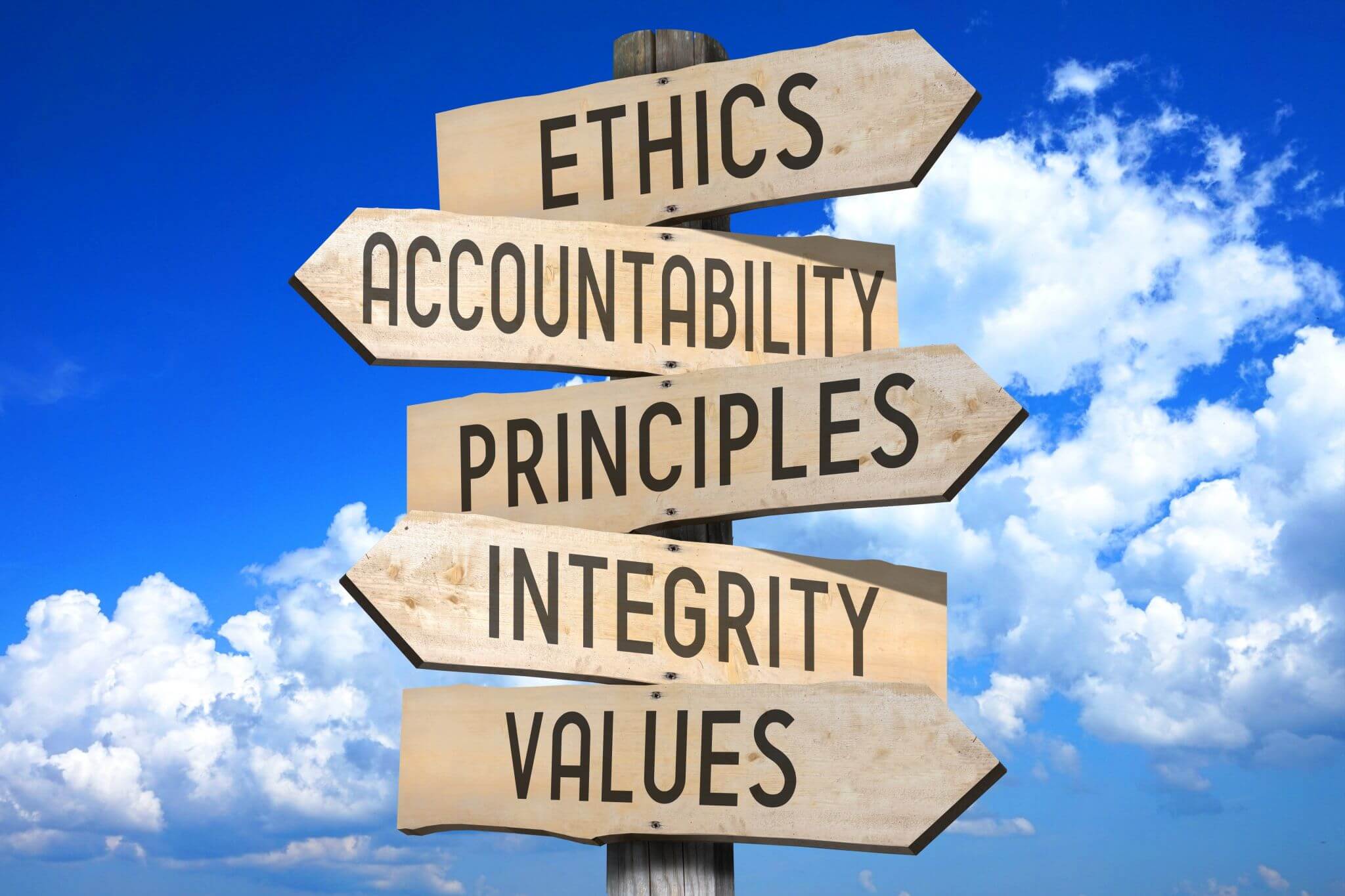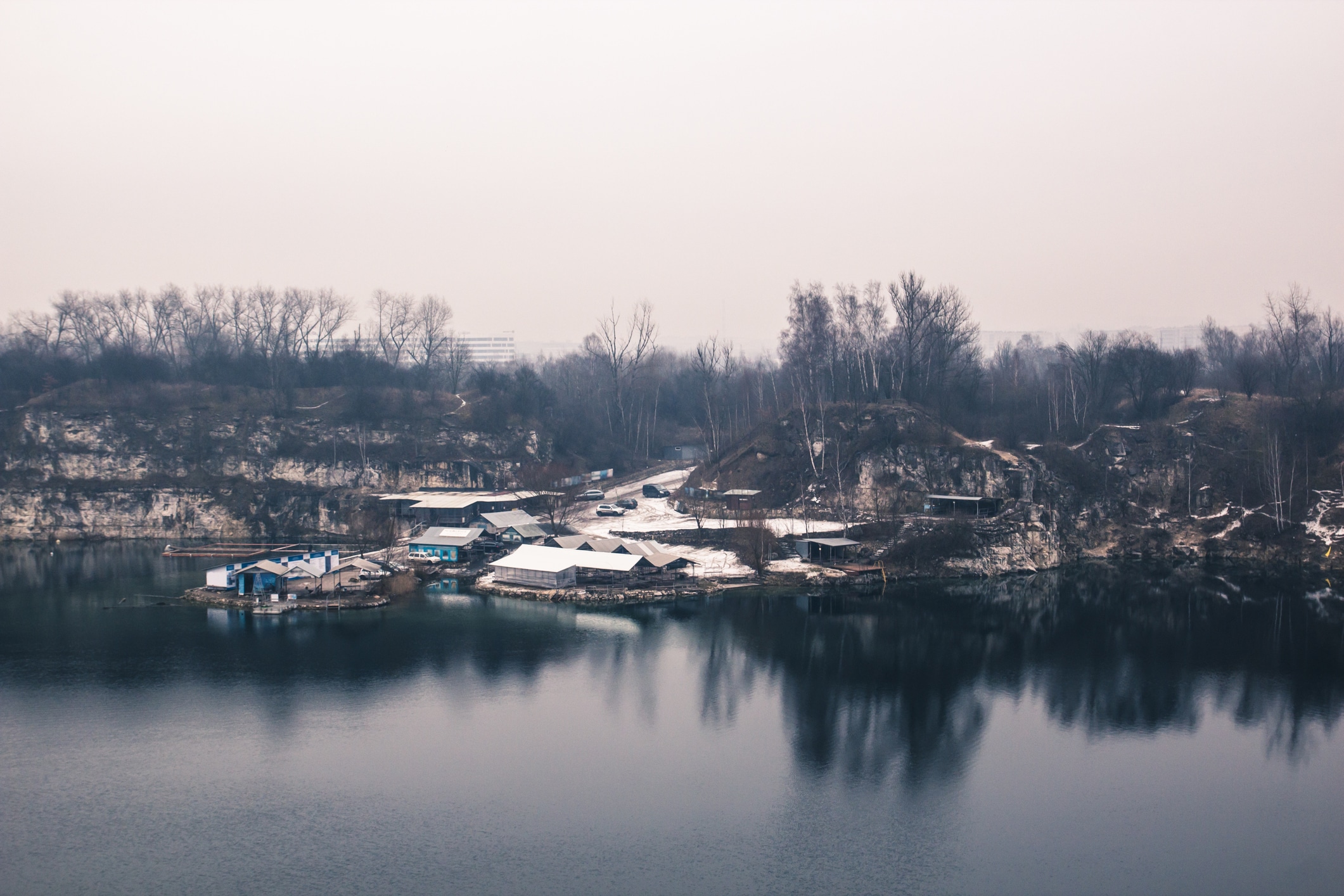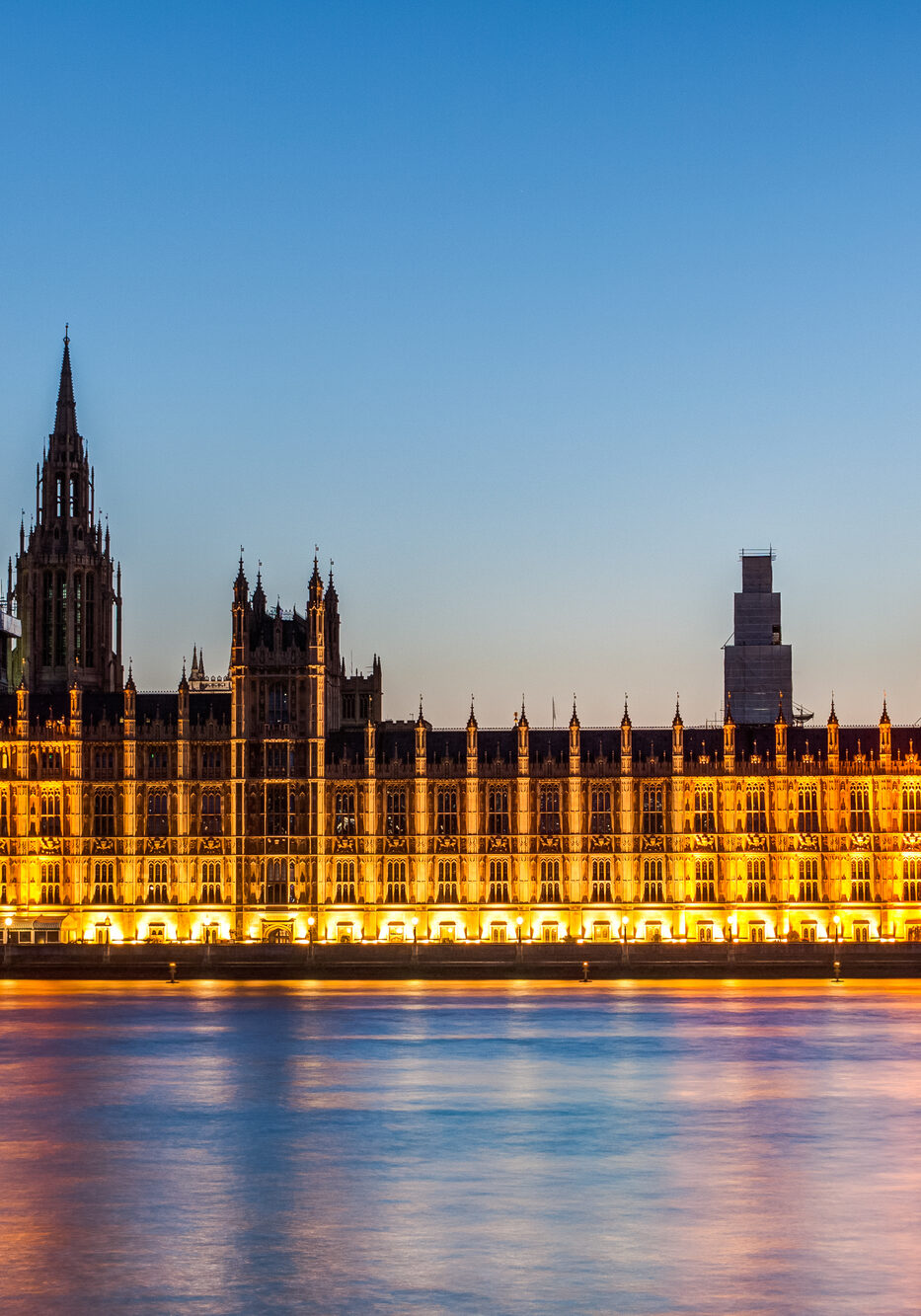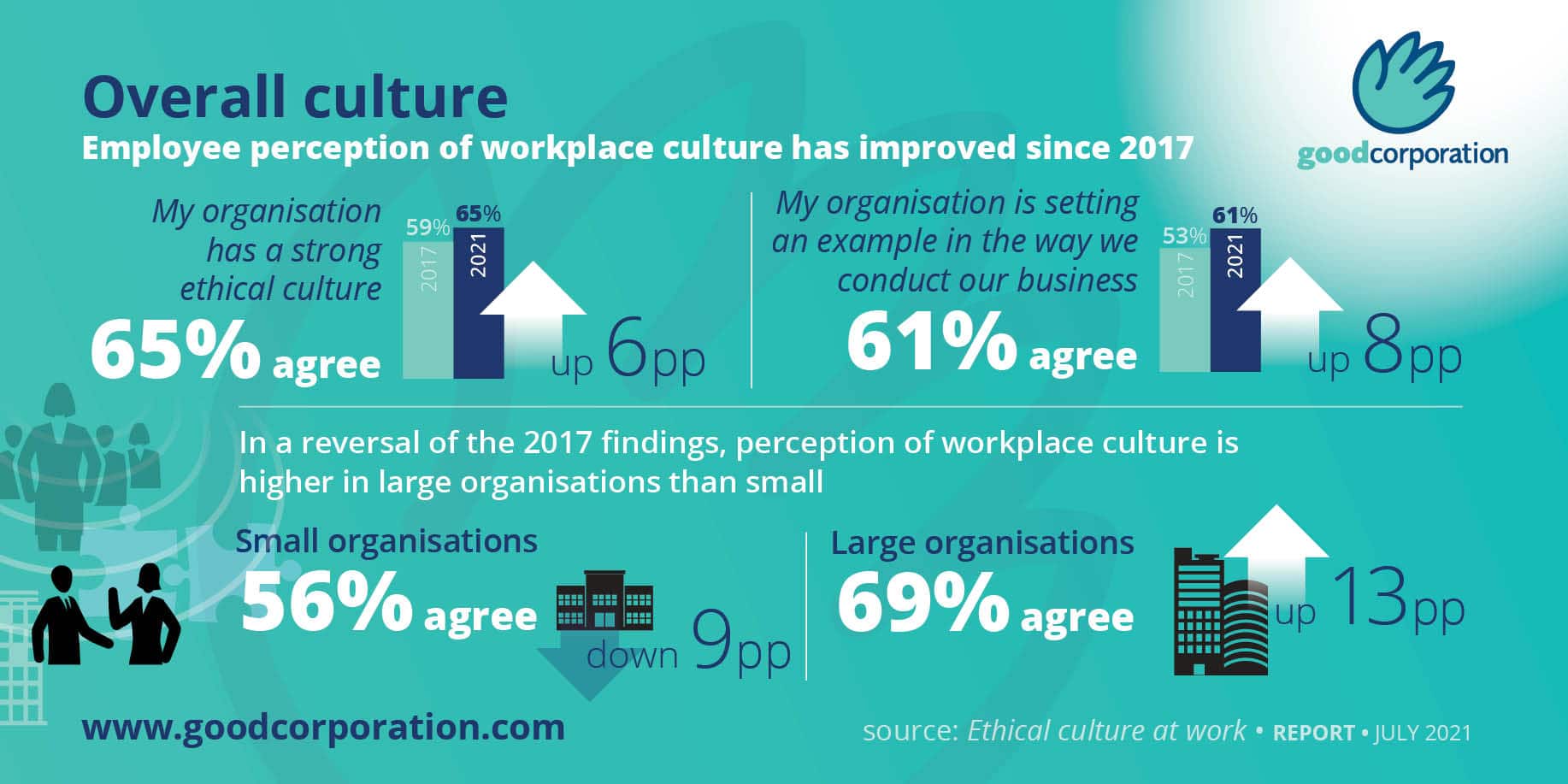
Ethics and compliance at the heart of the recovery
It seems we are ending the year as it began, with many of us working from home and cases of a new Covid variant rising exponentially. Despite these challenges, we have continued to provide support for our clients across a wide range of ethics and compliance areas, from code of conduct development, to human rights risk assessments, to anti-bribery programme reviews, to whistleblowing reports and recommendations. Some of this work has been carried out remotely, some using our international network of consultants, supported remotely by our London and Paris offices, and some in person; always our preferred option.
As we pause to review the year, it is clear that a number of priorities are emerging for businesses as they seek to respond to both regulatory and societal demands. In particular, we have seen a surge in requests for help with ESG strategy. Much of this has focused on the identification of each individual company's material issues and the development of a tailored roadmap with clear metrics for measurement and reporting.
We have also seen a renewed focus on corporate behaviour, with many companies chosing to review their code of conduct. As Rahul Saxena, former Chief Ethics and Compliance Officer for BP, observed at our first business ethics debate after the Covid hiatus, now is the time to re-set values and ethics. Our work in this area has involved code of conduct benchmarking, effectiveness reviews and policy development, as well as the design and implementation of training programmes.
With the call for mandatory human rights due diligence growing stronger, businesses have been responding to the increasing pressure to show their human rights risks are understood and mitigated. The recent publication of the UN roadmap for the next decade of business and human rights upholds this by placing due diligence at the fore. As we highlighted in our comments to Board Agenda (see below), this requires businesses to demonstrate that activities are in place to protect human rights throughout the supply chain. Many companies we work with are already someway along this path and best practice is fast becoming established. We expect this will continue well into 2022 and beyond.
Corruption prevention has also taken precedence. However, alongside our detailed assessments of practice and procedure, we have seen a renewed emphasis on speak-up, interestingly the theme of the recent UN International Anti-Corruption Day (see below). This, together with the EU's Whistleblowing Directive, is driving companies to review the effectiveness of their speak-up systems and, in particular, evaluate how best to communicate usage and facilitate access throughout their operations. Speak-up and an open-door culture are essential to the prevention of wrongdoing, so it is encouraging to see the attention that this is now being given.
Expectations in all of these areas are becoming more demanding. We therefore anticipate that these foci will remain at the forefront for ethics and compliance professionals as we move into 2022. In addition, businesses will also be required to provide robust evidence of their environmental sustainability.
To speak to us about how we can assist, click below to get in touch.
Producing renewable energy that respects human rights

Between 2010 and 2020, the Business and Human Rights Resource Centre documented over 500 allegations of human rights abuses related to renewable energy projects, including murders, threats and poor working conditions.
Renewable energy, like other major industries, is vulnerable to human rights abuses throughout the supply chain. Particularly when the extraction of raw materials such as minerals is required. Such production poses numerous human rights risks such as child labour, health and safety and poor wages.
As a result we are seeing combined pressure from civil action groups and states to impose greater requirements on companies to understand and mitigate these risks.
Our blog, written by Lucie Bonpain, explores this issue and highlights the steps necessary to embed responsible human rights management within this sector.
When it comes to corruption silence is never golden

Forewarned is forearmed, or so the saying goes, but ask any whistleblower if they were given a hero’s welcome as they raised the alarm and you’d think the opposite were true. Many whistleblowers, Michael Woodford and Frances Haugen included, face actual or prospective persecution for raising concerns. Yet without these important revelations, many corruption scandals, from Airbus to Wirecard, would never be exposed.
Corruption affects all areas of society and costs billions, usually at the expense of the most vulnerable. It also increases the cost of business, adding to finance and operating costs, reducing operating profits and increasing the likelihood of fines for criminal liability.
Our latest blog post explores the importance of encouraging speak-up to combat bribery in the workplace, highlighting why silence is never an option.

End deforestation, curb methane emissions, cut fossil fuel funding; COP26 was long on pledges, but short on any mechanisms for delivery.
Yet, whilst nations are unable to state their climate action plans to reach net-zero, businesses are being asked to do just that. While also being held to account for any greenwashing.
Our blog, written by Gareth Thomas, explores the new requirements and the steps needed to develop and implement an effective ESG reporting framework.

Earlier this month, Leo Martin spoke to Board Agenda about the recently published UN roadmap for the next decade. The roadmap highlights eight new goals designed to embed the UN's Guiding Principles on Business and Human Rights.
According to Leo, the most important section is on due diligence which requires companies to stop talking and start checking.
Calls for mandatory due diligence have been getting louder. Will the UN roadmap make the difference?

This Autumn we held the first of our long-running House of Lords Business Ethics Debates after the Covid-19 hiatus, kindly hosted by Baroness Kingsdmill.
Under discussion were the principle priorities for ethics and compliance professionals as we move through the Covid crisis.
Rahul Saxena, former Chief Ethics and Compliance Officer for BP kicked of the discussion with a call to reset values and ethics and make the business case for ethics and compliance.

When it comes to corporate culture do managers look through rose-tinted glasses? According to GoodCorporation’s latest UK survey of workforce perceptions of organisational culture, senior managers and above are far more likely to feel their organisation has an ethical corporate culture than their non-managerial counterparts. While 72 per cent of senior managers consider their organisation has an ethical culture, this falls to just 54 per cent among blue-collar workers.
Our blog looks at the steps needed to embed an ethical culture.


